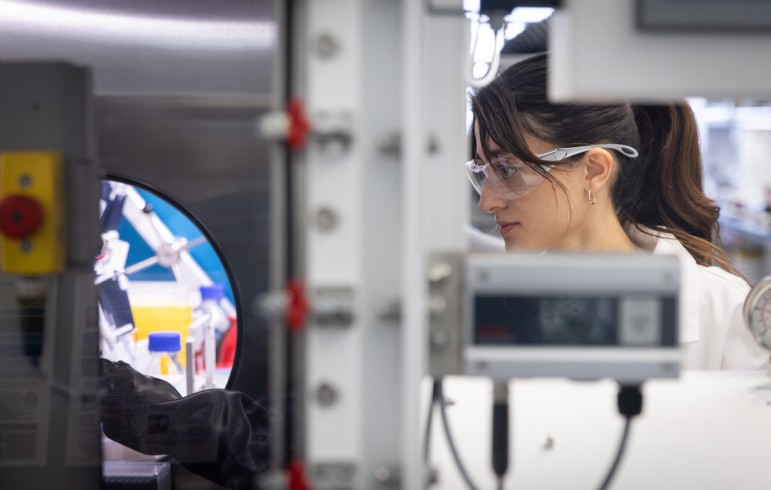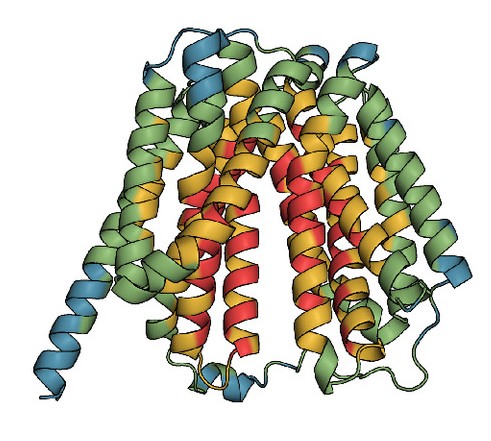Mikhail Kats has been studying thermal radiation, the phenomenon by which the vast majority of life in the universe is generated, for much of his life. This is his story.
Despite advances in sequencing technologies and computational methods in the past decade, researchers have uncovered genomes for just a small fraction of Earth’s microbial diversity.
Research by La Follette School Assistant Professor Morgan Edwards and colleagues demonstrates how combining existing subnational climate action with expanded national strategies in the United States will be critical to reach scientifically informed climate goals.
For farmers struggling against economic forces and doing everything they can to keep afloat, grassland biodiversity may be the last thing they want to worry about.
Scientists at the University of Wisconsin–Madison have discovered a way to control the growth of twisting, microscopic spirals of materials just one atom thick.
Bert Paris loves dairy farming. After more than 30 years, he’s beginning to transition the farm he operates near Belleville, Wisconsin, to his daughter, Meagan Farrell, who is excited about moving her family home to run it.
When Adria Brooks was an undergraduate at the University of Arizona, a physics professor offered her the chance to help manage an experimental solar test facility near Tucson.



